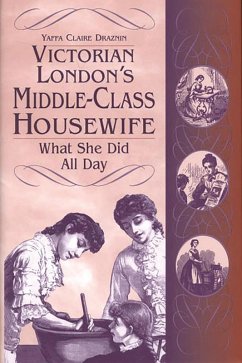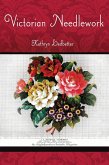Through a detailed description of the life and activities of the middle-class married woman of London between 1875 and 1900, this study reveals how housewives unwittingly became engines for change as the new century neared. In marked contrast to the stereotypical depictions of Victorian women in literature and on television, Draznin reveals a woman seldom seen: the stay-at-home housewife whose activities were not much different than those of her counterparts today. By exploring her daily activities, how she cleaned her home, disciplined her children, managed her servants, stretched a limited budget, and began to indulge herself, one discovers the human dimension of women who lived more than a century ago. While most studies of this period consider values, aspirations, and attitudes, this book concentrates on actions, what these women did all day, to provide readers with a new perspective on Victorian life. Late-Victorian London was a surprisingly modern city with a public face of well-lit streets, an excellent underground railway system, and extended municipal services. In the home, gas stoves were replacing coal ranges and household appliances were becoming more common. Having both money to spend and a strong incentive to buy the new laborsaving devices, ready-to-wear clothing, and other manufactured products, the middle-class matron's resistance to change gave way to a rising consumer culture. Despite her nearly exclusive preoccupation with home and family, these urban women became agents for the modernization of Britain.
Bitte wählen Sie Ihr Anliegen aus.
Rechnungen
Retourenschein anfordern
Bestellstatus
Storno









